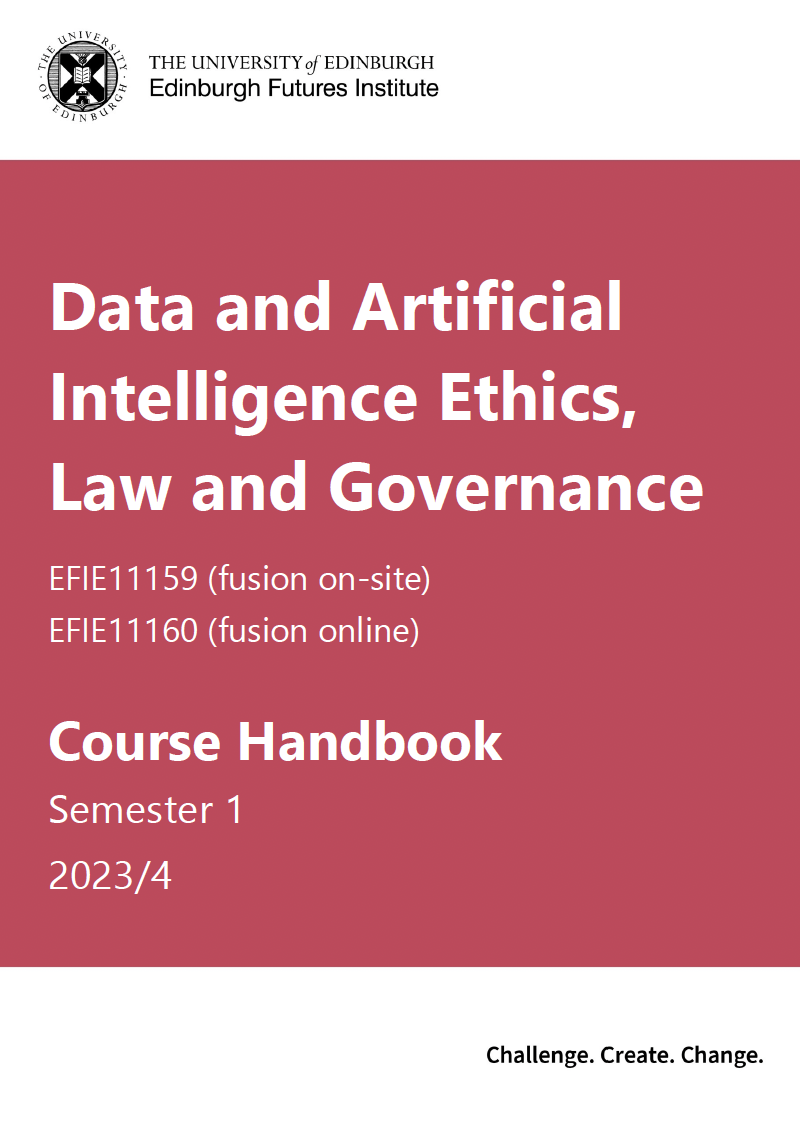
Understandably, there is a lot of reading in any post-graduate program. However, a data ethics program’s content types and formats vary greatly. There are course handbooks, formal academic texts, white papers, news articles, press releases, formal laws and ordinances, and more. Stepping back, this makes sense. As we heard during the “Welcome” lecture in week 1, ethics is not a single thing; it’s woven into many aspects of life. Given that, it makes sense that the reading materials would be equally diverse.
One of the first things I’m reading about is the work of the Director, Shannon Vallor, and her piece, “An Introduction to Data Ethics.” It’s a great primer on the role of ethics within the larger context of technology, not just AI. She’s been writing on this topic for over a decade, and this particular work has many salient points, but a few stand out. I’ll paraphrase a few below:
- Technology is not ethically neutral, as it is created by people who “bake in” their sense of ethics. Inversely, people who neglect to consider ethics when creating technology do not absolve themselves from ethical responsibility. Neglect can be considered unethical, depending on the context.
- All humans seek to lead “a good life” or at least avoid a bad life. We use technology to help us reach a good life, and because of that, the impact that technology has on our lives, good or bad, has ethical repercussions.
- We can define something as ‘ethically significant’ if it can benefit specific individuals’ chances of having a good life. But not everything in life is ethically significant, as ethics represents the choices made by people which affect others’ ability to lead a good life.
